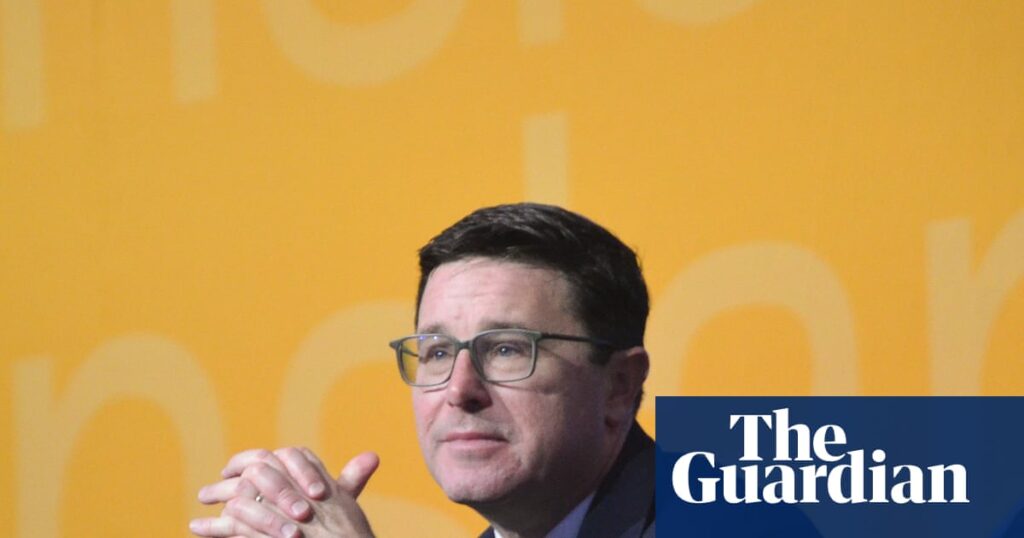
The Nationals are pledging to introduce nuclear power into Australia’s energy landscape, committing to present this policy at the next federal election. This announcement follows a brief split within the Coalition, which saw the Nationals temporarily decouple from the Liberals post the May federal election.
Speaking at the Liberal National Party annual convention in Brisbane, Nationals leader David Littleproud detailed the circumstances leading to the week-long separation from their Coalition partners. He explained the Coalition’s customary practice of retaining campaign policies post-election, which was challenged this time around.
Nuclear Energy and Policy Disputes
Littleproud shared that Liberal leader Sussan Ley sought to remove certain policies, but he respected her stance and attempted collaboration. However, four critical policy areas were non-negotiable for the Nationals, including the push for nuclear energy, a Regional Australia Future Fund, powers to dismantle supermarket monopolies, and enhanced regional mobile coverage.
Emphasizing a “technology-agnostic” approach to energy, Littleproud advocated for nuclear power as a necessary component of Australia’s energy mix. He criticized the proliferation of transmission lines, solar panels, and wind turbines in regional areas, which he argued compromised food security and the native environment.
“We have to have, as part of our energy mix, nuclear in that mix. It was something that we believe in passionately because we see the consequences,” Littleproud stated.
Regional Australia Future Fund and Market Regulations
The Nationals are also championing a $20 billion Regional Australia Future Fund aimed at improving childcare accessibility, training and retaining regional doctors, and supporting local councils. Littleproud highlighted the fund as a fraction of the $350 billion in exports generated by regional Australia.
Additionally, Littleproud is advocating for a universal service obligation to ensure regular maintenance of mobile phone towers in rural areas, accusing telecommunications companies of neglecting these regions. He also supports maintaining powers to break up supermarket giants if they misuse market dominance.
“When you have market dominance, the only time government should interfere is when market power is overtaken by a few,” he asserted.
Coalition Dynamics and Future Prospects
Reflecting on the temporary split, Littleproud expressed pride in the Nationals standing by their principles and gratitude for the Liberal Party’s eventual agreement to their terms. He described the period as challenging but devoid of malice, aimed at laying a strong foundation for future Coalition cooperation.
The convention’s opening day was dominated by discussions on nuclear power and energy alternatives, following a resolution to abandon the net zero by 2050 target. Although not binding, the resolution is expected to spark significant debate in Canberra, according to Queensland Senator Matt Canavan.
Australia has committed to net zero under the Paris Agreement, which came into effect in 2016. In contrast, India targets net zero by 2070, China by 2060, and the US had a 2050 target under the Biden administration, though climate action was largely rolled back under President Donald Trump.
The 2025 LNP convention is set to address 163 resolutions over three days, with Queensland Premier David Crisafulli taking center stage on Sunday. Former opposition leader Peter Dutton made a surprise appearance on Friday, receiving standing ovations and commendations from his successor Sussan Ley and outgoing LNP president Lawrence Springborg.
As the Nationals prepare to take their nuclear energy policy to the electorate, the implications for Australia’s energy future and regional development remain significant. The upcoming election will test the public’s appetite for nuclear power as part of the nation’s energy solution.






